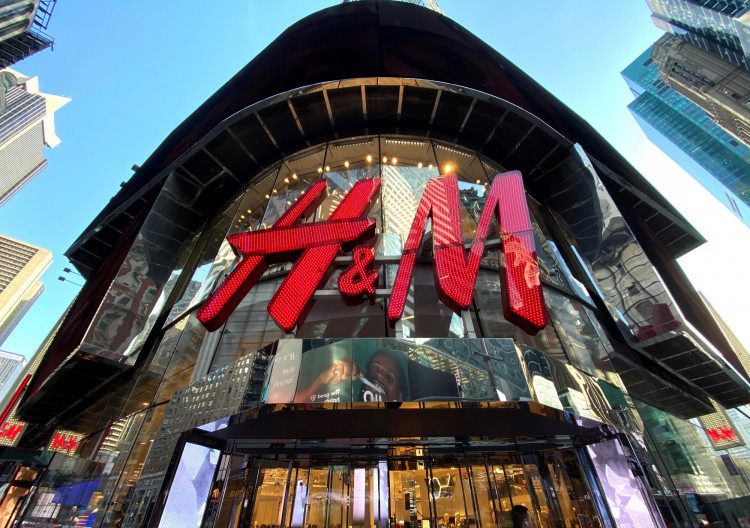H&M reported weaker-than-expected sales and profit for its fiscal first quarter on Thursday, underscoring ongoing challenges at the Swedish fast-fashion giant as it works to regain momentum against global rivals. The company, the world's second-largest apparel retailer after Inditex, said sales in local currencies rose just 2% to 55.33 billion Swedish krona ($5.5 billion) for the three months ended February 28-short of the 55.86 billion forecast by analysts surveyed by LSEG.
Operating profit came in at 1.2 billion krona, significantly below the expected 1.9 billion, resulting in an operating margin of just 2.2%. H&M shares fell 1.6% in early London trading following the results.
The company attributed the shortfall to "negative external factors, increased markdowns and investments in the customer offering," which weighed on gross margins. However, it signaled optimism for the current quarter, estimating that these pressures have already begun to ease and projecting a 1% year-over-year sales increase for March.
"Our sales and earnings in the quarter were somewhat weaker than planned - but the first quarter is the smallest quarter of the year for us in terms of sales and margin, and we are confident going forward," CEO Daniel Ervér said in a statement. "Our main priorities are a strengthened product offering, a more inspiring shopping experience and a stronger brand. Through this we create the conditions for long-term, profitable and sustainable growth."
Ervér, who stepped into the CEO role in January 2024, has sought to reposition H&M amid intensifying competition from faster and cheaper players like Shein, as well as longtime rival Zara. His strategy has included ramping up marketing and signing on high-profile figures, including pop artist Charli XCX and FKA Twigs, to front new campaigns and live events. The company sponsored several of Charli XCX's concerts last year as part of its brand-building push.
But those star-powered campaigns have driven up costs, compounding pressure on the bottom line at a time when heavy discounting remains necessary to attract consumers. H&M has also been investing in modernizing its store portfolio, including upgrades to physical locations and closures of underperforming branches.
The company now operates just over 4,200 stores globally-its lowest count since 2016. H&M also owns several other fashion brands, including Arket and Cos, as part of its broader retail portfolio.




